The closing ceremony of the 10th International Conference on Intelligent Computing and Information Systems (ICICIS) of the Faculty of Computer and Information Sciences
10th International Conference on Intelligent Computing and Information Systems (ICICIS) of Faculty of Computer and Information Sciences was launched and attended by Prof. Dr. Muhammad Ayman Ashour, Deputy Minister of Higher Education and Scientific Research for Universities Affairs and Prof. Dr. Mahmoud El-Metini, President of Ain Shams University, and Prof. Dr. Nagwa Badr, Dean of the Faculty of Computer and Information Sciences at Ain Shams University.
The opening was also attended by Prof. Dr. Ayman Saleh, Vice President for Graduate Studies and Research Affairs, and Prof. Dr. Hesham Tamraz, Vice President for Community Service and Environmental Development, and Prof. Dr. Rasha Ismail, Vice Dean of the Faculty of Computer for Graduate Studies and Research, co-chair of the Conference, Prof. Dr. Hala Mushir, Vice Dean for Education and Students, representatives of the Minister of Communications, and a number of former ministers, including Prof. Dr. Ahmed Zaki Badr, former Minister of Education and Local Development, and Prof. Dr. Abdul Kawi Khalifa, former Minister of Water Resources and Irrigation, and Prof. Dr. Yasser Al-Kadi, the former Minister of Communications, a group of former deans and vice deans of the Faculty, and a group of experts, researchers, students, faculty staff, and the teaching assistants.
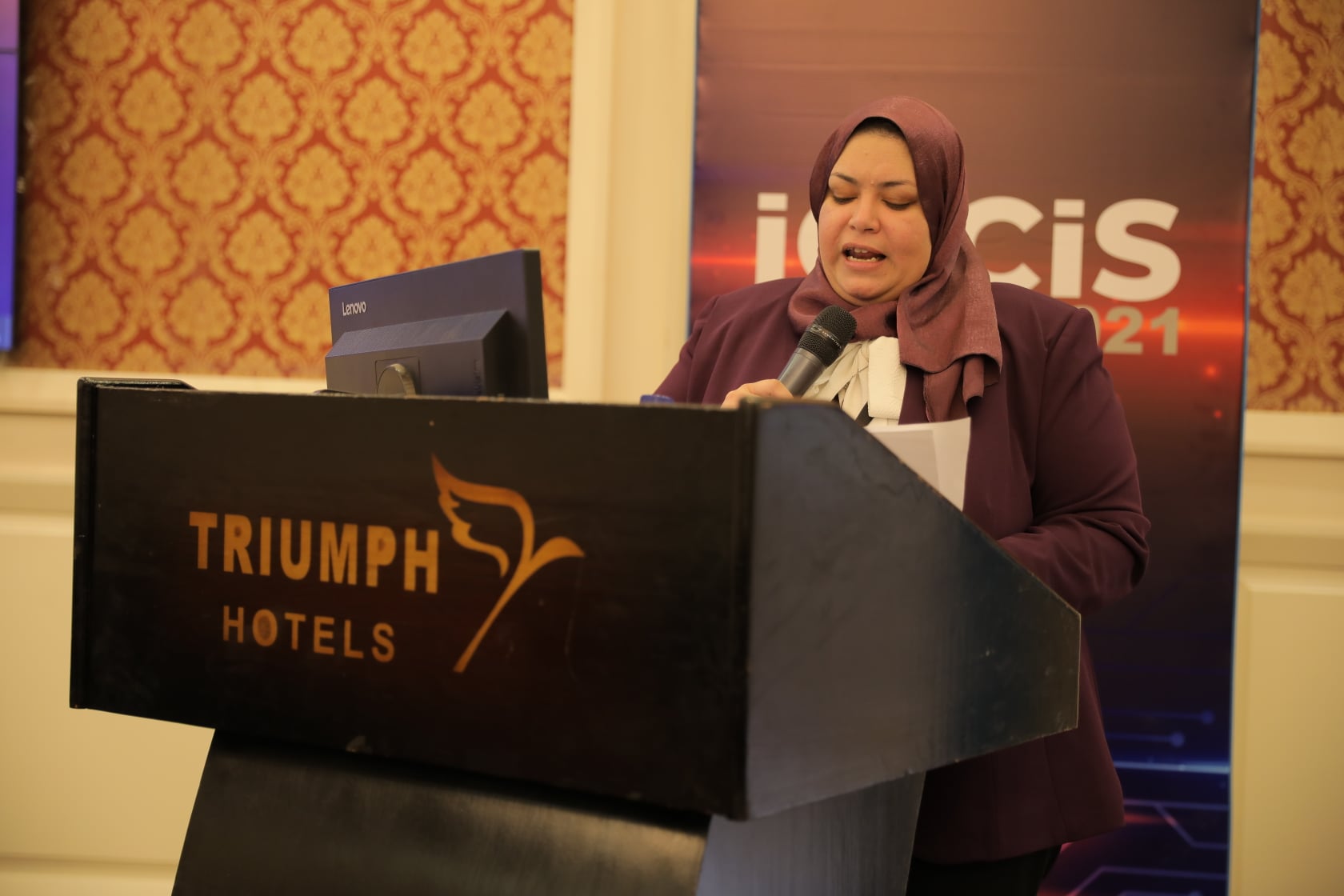 |
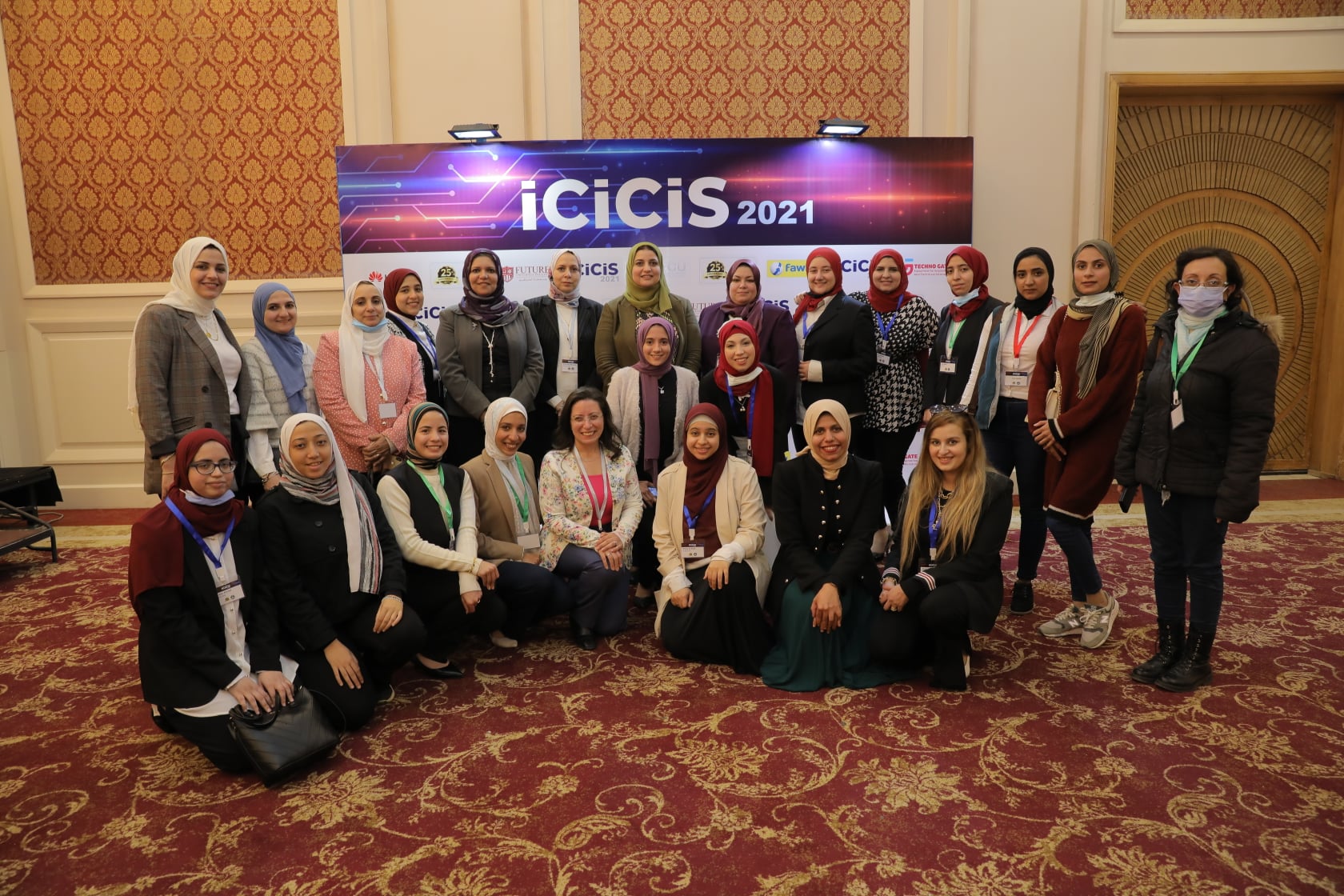 |
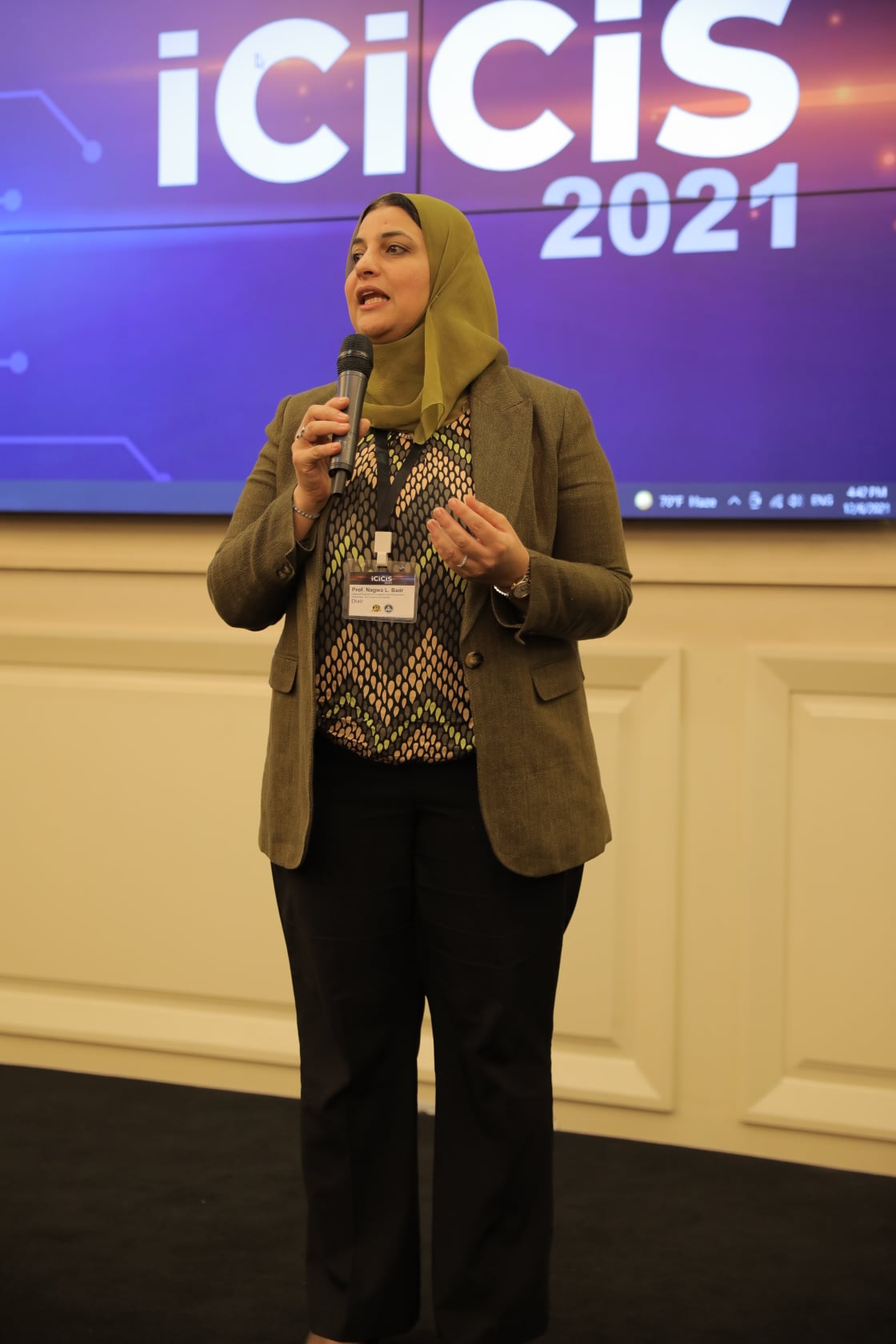 |
||
The 10th international conference of the Faculty of Computer and Information Sciences was held in conjunction with the faculty's celebration of the Silver Jubilee and the passage of 25 years since its establishment. It included 12 sessions divided over two days, in which 70 research papers submitted by 300 researchers were discussed. The researches addressed the following topics:
Artificial intelligence and virtual reality applications.
Robotics and its applications (such as Nurse Shams)
Computer networks, forensics, and cybersecurity
Internet of things and smart computing
Data science and knowledge discovery
Bioinformatics and health informatics
Software Engineering
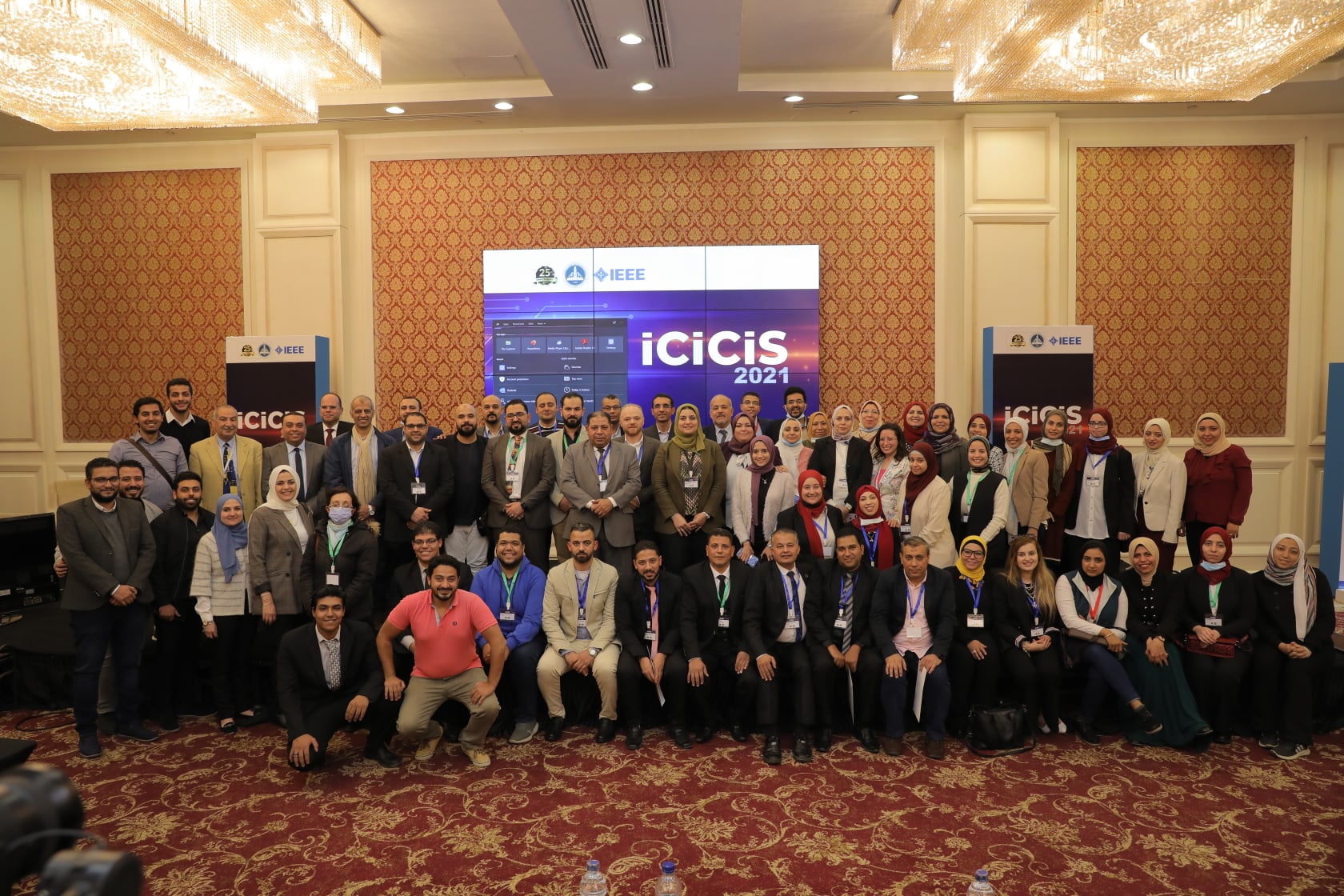 |
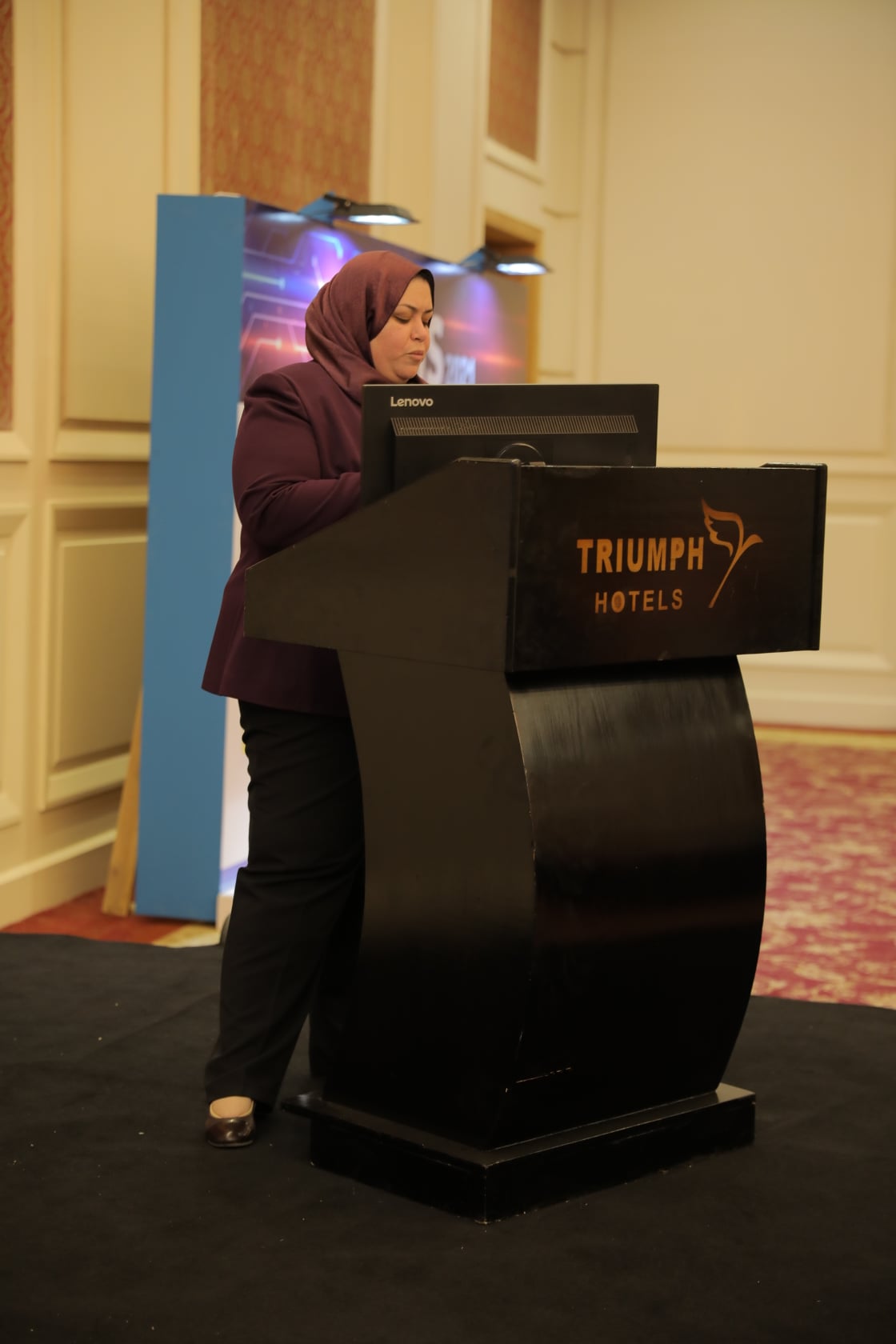 |
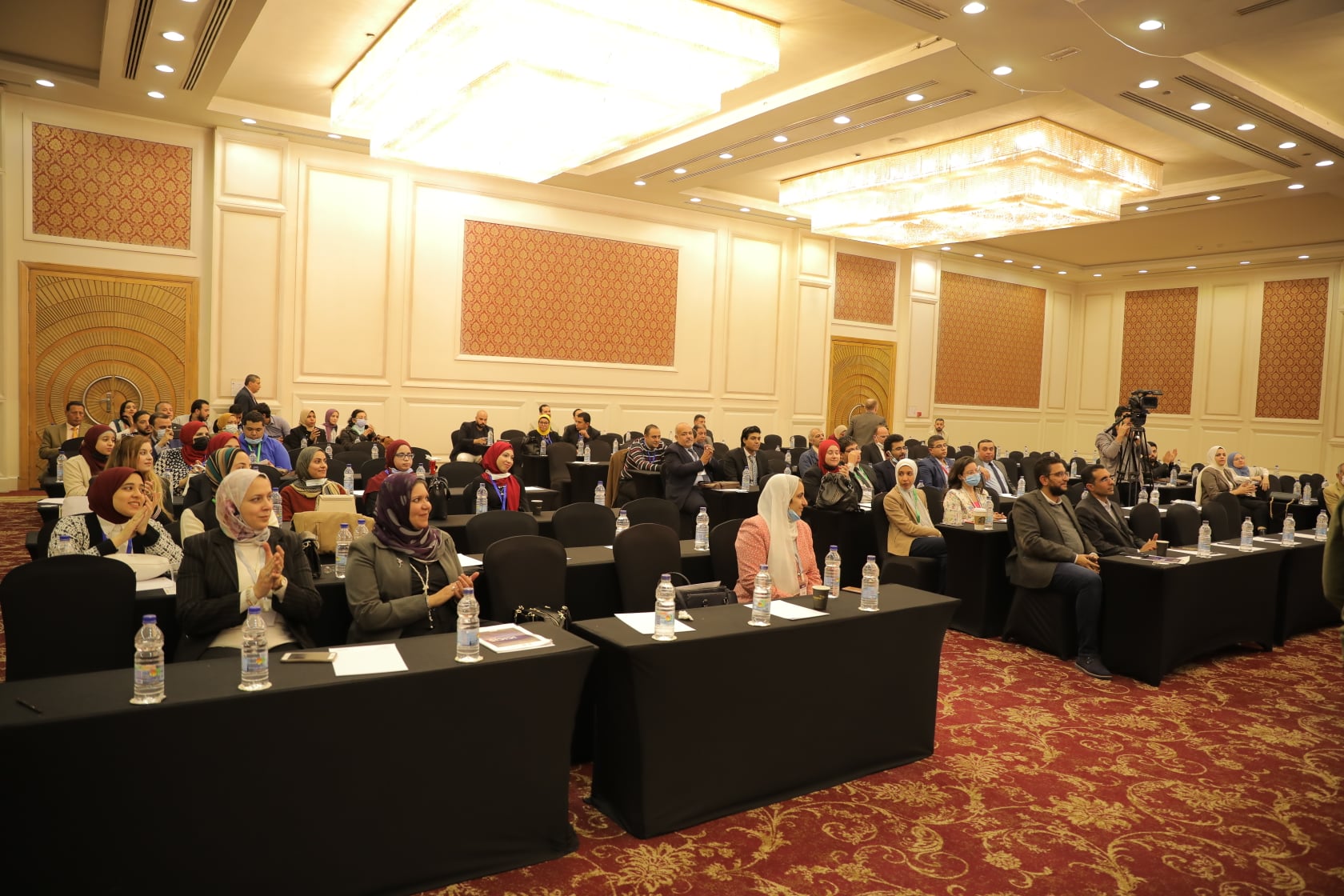 |
||
The conference hosted 4 international speakers from major international universities in the fields of computing, artificial intelligence, communications, cybersecurity and data science.
It also hosted speakers from the industry in order to link between scientific research and its application. Over the two days, nearly 250 researchers and students attended the conference sessions over the two days.
The main recommendations of the conference were as follows:
Pay more attention in organizing international scientific conferences to motivate researchers to participate and exchange new ideas and innovations to support scientific research and raise the global ranking of universities.
The importance of promoting a culture of applied research and encouraging the transformation of research ideas into patents and products.
Prepare to deal with the economic, legal, political and regulatory effects of technological progress and modern technologies.
The importance of artificial intelligence and robotics and the applied research related to them and their use in the medical, educational, agricultural, climatic and other fields, especially in light of crises and epidemics.
Enhancing the use of modern technology to expand the establishment of smart cities.
Paying attention to cybersecurity techniques in light of technological openness in various business sectors to ensure the most expensive confidentiality and security of data.
Paying attention to the Internet of Things, especially in applications related to food, agriculture, and productivity.
Focus on healthcare related big data analysis to support biomedical research.
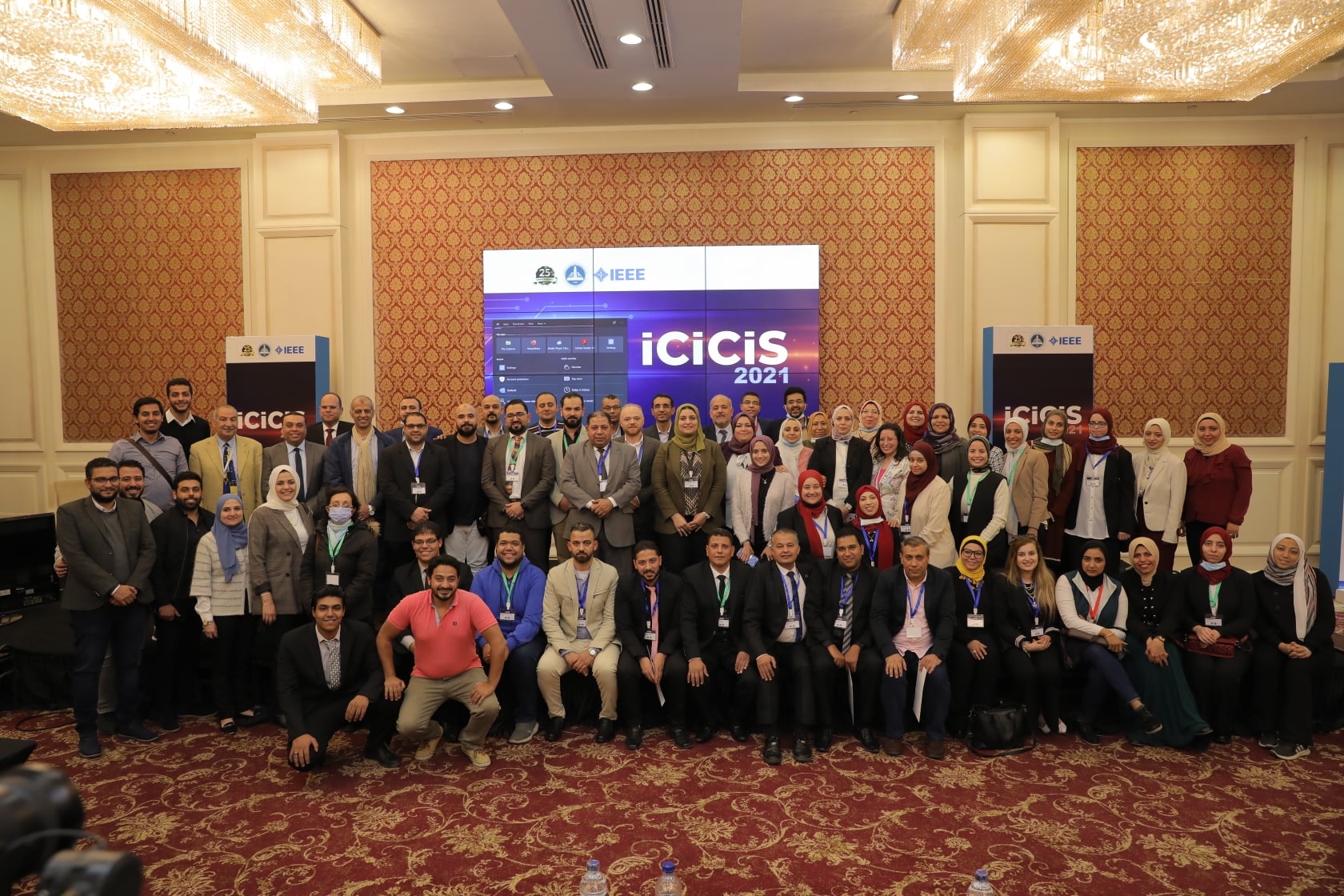 |
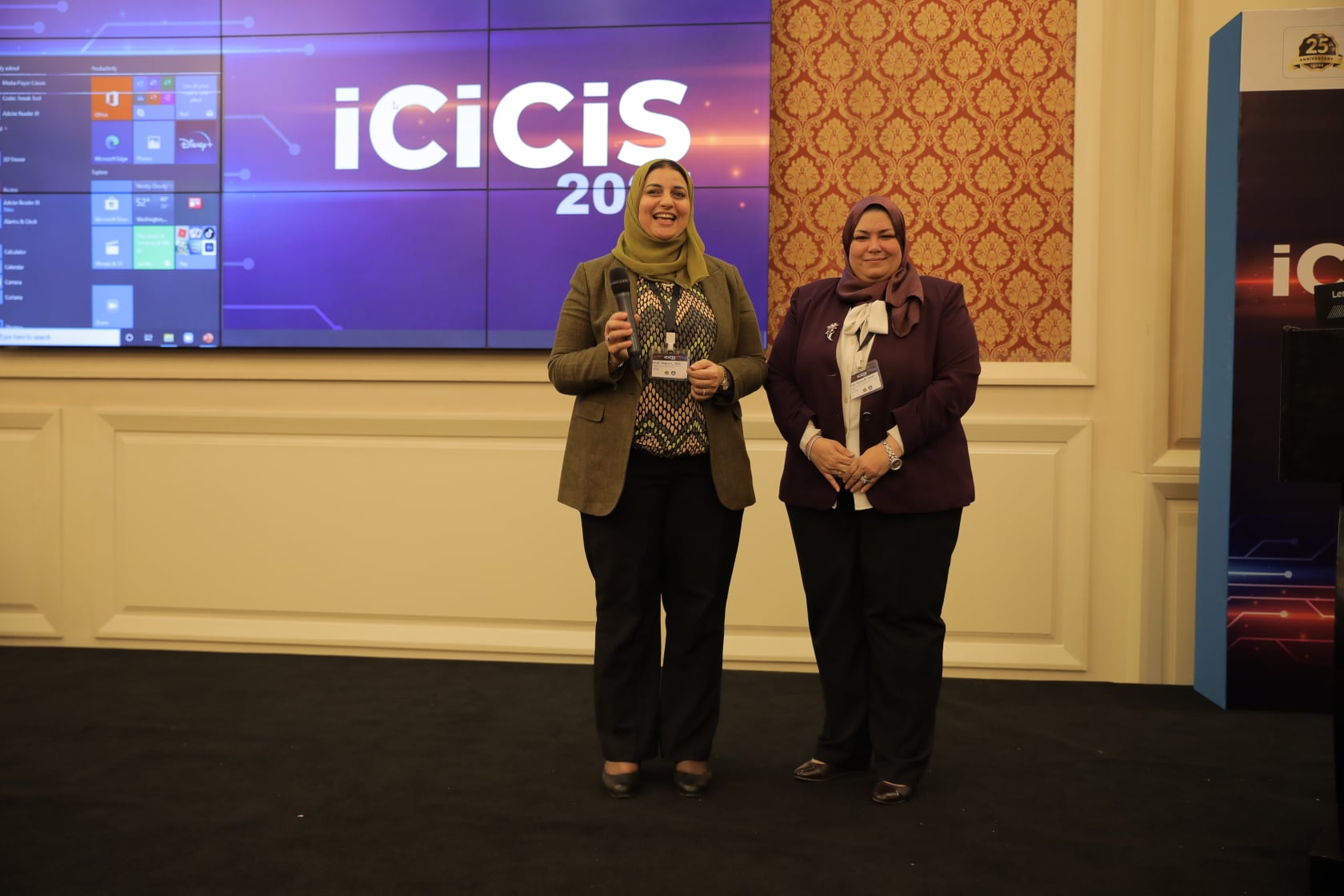 |
|


.svg)




